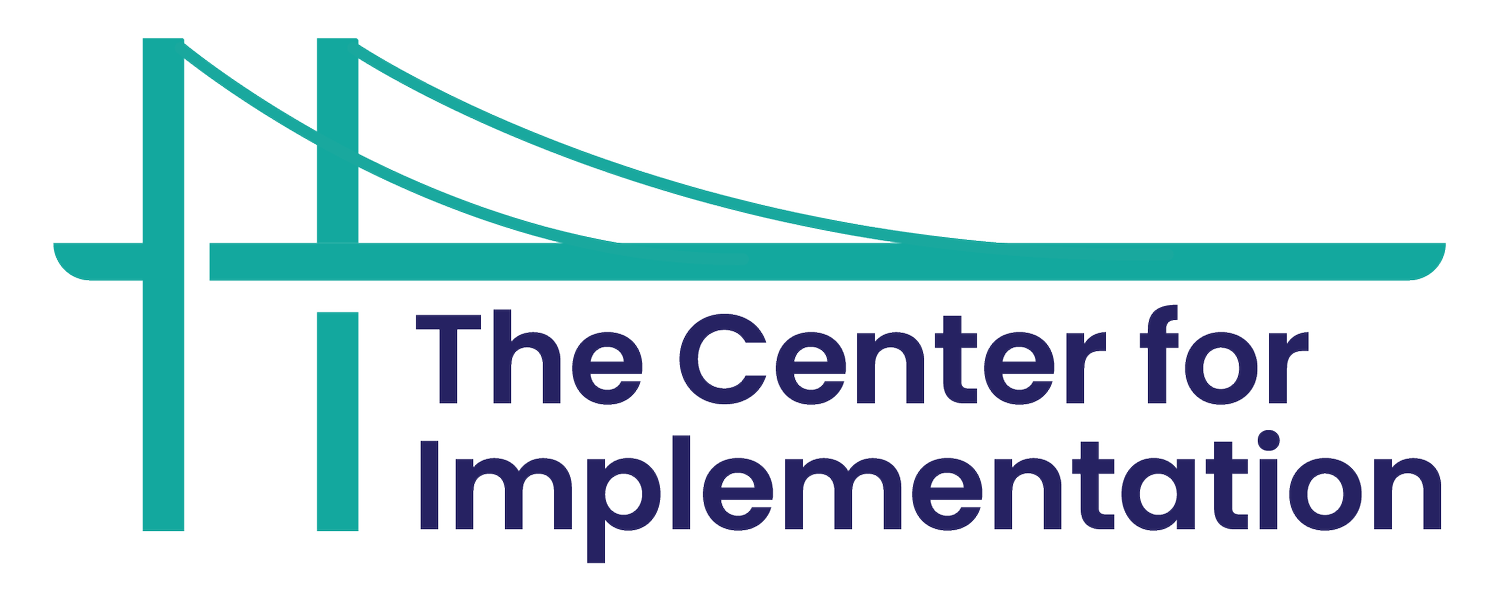Project Spotlight: Using Implementation Science to Support Best Practice Implementation in Spinal Cord Injury Rehabilitation
By Dalton Wolfe and Saagar Walia, Lawson Health Research Institute
Launched in 2011, we lead and manage the Spinal Cord Injury Knowledge Mobilization Network. The network is a Canadian community of practice comprised of seven rehabilitation hospitals across four provinces. Ontario Neurotrauma Foundation and Rick Hansen Institute actively participate with sites to guide the network’s activities.
We utilized and adapted the Active Implementation Frameworks from the National Implementation Research Network (NIRN) to work optimally within the context of practice change in spinal cord injury inpatient rehabilitation across various health regions. These adaptations can be found in a guide developed by the network entitled Informing Implementation: A practical guide to implementing new practice as informed by the experiences of the SCI KMN. An example of adaptation is the addition of a “pre-exploration” stage to define the project scope and engage key stakeholders and partners.
Implementation capacity was developed across sites through intentional processes including: implementation science training boot-camp, webinars, site mentorship, and regular national meetings (in-person and virtual) with shared learnings. Sites worked collaboratively to build capacity in implementation science which was utilized to implement best practices in the domains of pressure injuries and pain. Implementation tools and activities were utilized by sites as they moved through the various stages of implementation. This was facilitated by implementation experts from NIRN who acted as consultants and coaches for the initiative.
The following are key activities from the NIRN frameworks that guided each site through the stages of implementation:
Developed dedicated implementation teams - a core group of individuals accountable for sustainable implementation.
Operationally defined the practices - developed a clear summary of what will be implemented
Assessed local implementation drivers - ensured that all aspects needed for successful practice change were considered.
Developed comprehensive and evolving action plans - built implementation action plans that supported the strengths and addresses the challenges identified in the implementation drivers analysis.
Used indicators to inform continuous improvement - established monitoring and evaluation of the implementation processes.
A key role at each site was the Knowledge Mobilization Specialist, who acted as a champion to coordinate implementation activities through a local site implementation team. The Knowledge Mobilization Specialists and leaders from all sites connected regularly to function as a community of practice where sites could learn from each other through the sharing and discussion of successes, challenges, and learnings. A significant benefit of this approach involved sites applying their implementation capacity and expertise to local priorities within and beyond spinal cord injury. Sites also explored methods to sustain their infrastructure to support ongoing implementation efforts. The learnings from this network have informed the planning of an emerging Ontario spinal cord injury implementation network as a strategy for the Ontario Neurotrauma Foundation’s focus on knowledge mobilization.
This article was featured in our monthly Implementation in Action bulletin! Want to receive our next issue? Subscribe here.

